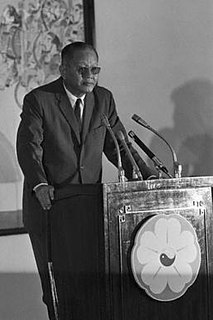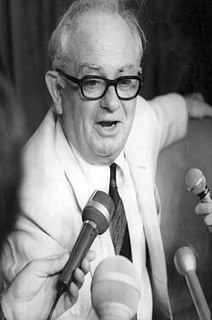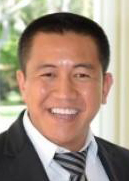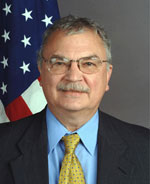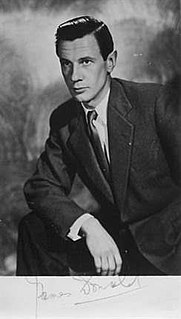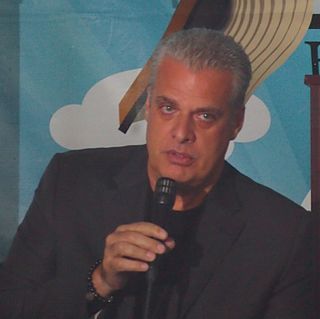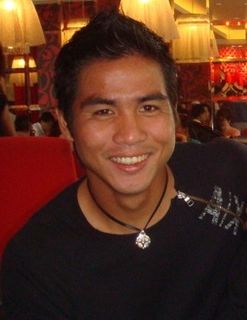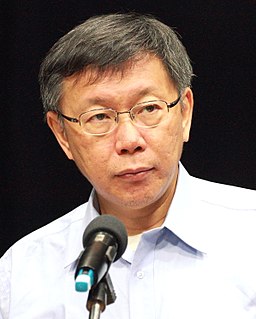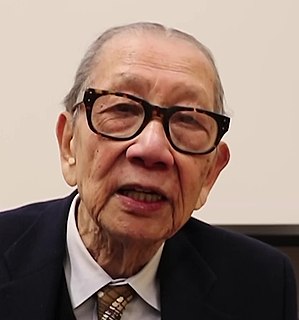A Quote by Duong Van Minh
I believe firmly in reconciliation among Vietnamese to avoid unnecessary shedding of the blood of Vietnamese.
Quote Topics
Related Quotes
40, 50 years ago, Americans - the majority of Americans did not want to accept these Vietnamese refugees who they saw as completely foreign. Now there are new foreigners - Syrians and other people from the Middle East, people of Muslim backgrounds. And the sense among many Americans is, well, these people are completely different from us, and they're not like the Vietnamese who are much more assimilable. And I think that's very, very doubtful. I think that the majority of these new foreigners, if given the opportunity, will be able to assimilate and deal with American culture.
When I came to the United States in 1975 I was eleven, and within a few months my voice broke. I recited commercials like a parrot and I got yelled at quite often. My older brother one night said, "You speak so much English when you're not supposed to, that's why your vocal chords shattered. Now you sound like a duck." I thought it was true. I went from this sweet-voiced Vietnamese kid who spoke Vietnamese and French to this craggy-voiced teenager.
One of my best friends growing up was Vietnamese, and he and his mom would teach me how to say certain things so I could impress my nail girls. Then the nail girls would teach me how to count to 100 and basic things like 'Thank you' and 'You're welcome.' It's funny, because any accent that I do now always turns into Vietnamese.
The influence of Sun Tzu on other North Vietnamese military strategists is harder to answer. Certainly many of the key leaders in Hanoi were aware of Sun Tzu and made use of his ideas - Vo Nguyen Giap applied many of these ideas in seeking out weak elements in the enemy's defenses, as did Truong Chinh, whose famous treatise, The Resistance Will Win (1947), cited the ideas of Mao Zedong as a model for the North Vietnamese to follow.
